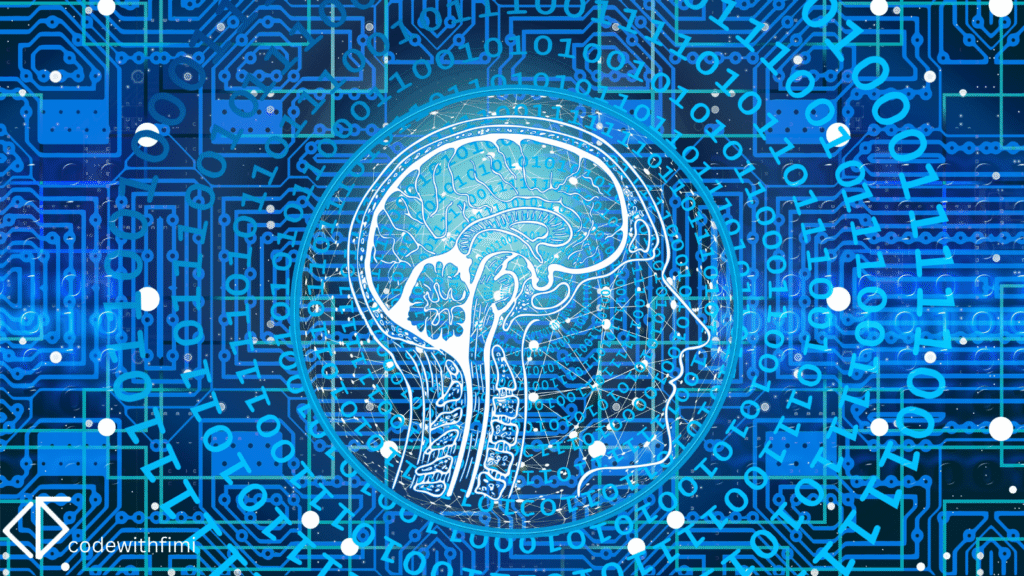Generative AI has rapidly become one of the most transformative technologies of our time. Tools like ChatGPT, Google Gemini, MidJourney, and Claude are redefining how we work, create, and interact with machines. But behind the “magic” lies something less visible yet more powerful: data. Without vast amounts of data, generative AI models simply cannot learn, adapt, or innovate.
This article explores how data powers generative AI, why it matters, and what it means for the future of artificial intelligence.
What is Generative AI?
Generative AI refers to algorithms that can create new content, whether it’s text, images, audio, or video based on patterns learned from existing data. Unlike traditional AI systems that classify or predict, generative AI produces original outputs that resemble human creativity.
How Data Powers Generative AI
- Training Data
Models like ChatGPT and Gemini are trained on billions of text samples from books, articles, code, and the web. This training data helps the model learn grammar, context, and reasoning patterns. - Fine-Tuning
After pretraining, these models are fine-tuned with curated datasets to align them with specific goals (e.g., conversational ability, safety, accuracy). - Reinforcement Learning
Data from human feedback (RLHF) helps AI refine responses, ensuring outputs are more useful and less harmful. - Continuous Updates
As new data becomes available, models are retrained or updated, making them smarter and more relevant over time.
Generative AI in Action
- ChatGPT: Generates human-like conversations, assists with writing, and provides coding help.
- Google Gemini: A multimodal AI capable of reasoning across text, images, and code.
- MidJourney/DALL·E: Creates realistic images and artwork from text prompts.
- MusicLM and Suno: Generate music and audio with minimal input.
Ethical Concerns Around Data
While data fuels generative AI, it also raises critical ethical issues:
- Bias: AI can reproduce societal biases embedded in training data.
- Copyright: Using copyrighted materials for training sparks legal debates.
- Privacy: Sensitive data may unintentionally influence model outputs.
Responsible data practices are essential to ensure generative AI benefits everyone.
The Future of Generative AI
Generative AI will continue to expand into healthcare, education, business, and entertainment. As models become more advanced, the demand for high-quality, ethically sourced data will increase. Data is not just fuel for AI,it’s the foundation of its intelligence.
FAQs
Traditional AI classifies and predicts, while generative AI creates new, original outputs.
They are trained on massive datasets, fine-tuned with curated data, and improved through human feedback.
Bias, misinformation, copyright infringement, and privacy concerns.
Yes, but it requires access to large datasets, powerful computing resources, and expertise in machine learning.
Generative AI is reshaping the future of technology—and data is its lifeblood. From ChatGPT to Gemini and beyond, the power of AI lies in the quality, diversity, and ethical handling of data. As these technologies evolve, the responsibility lies with developers, businesses, and users to ensure that generative AI remains fair, transparent, and beneficial to society.
For more insights on AI, data science, and machine learning, visit CodeWithFimi.com.

